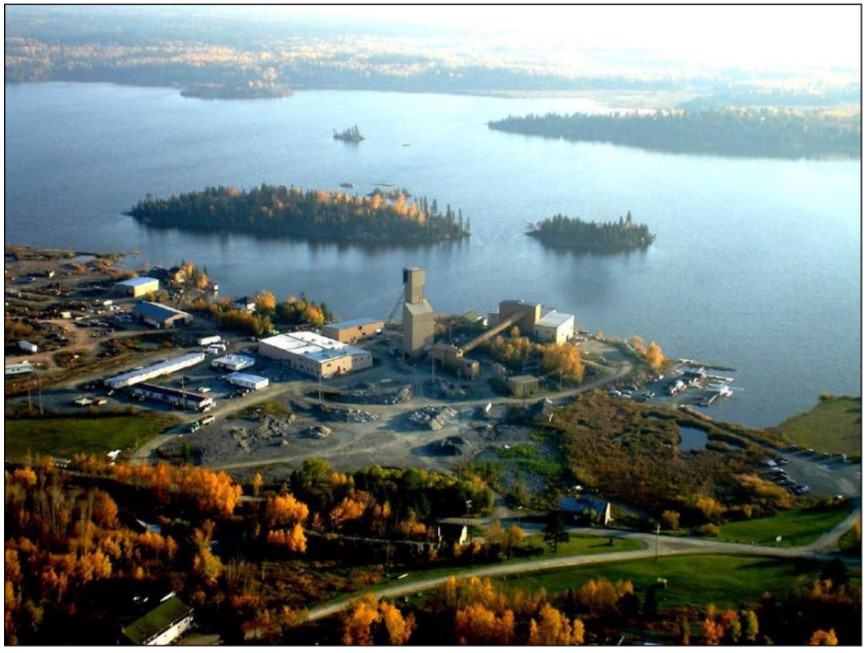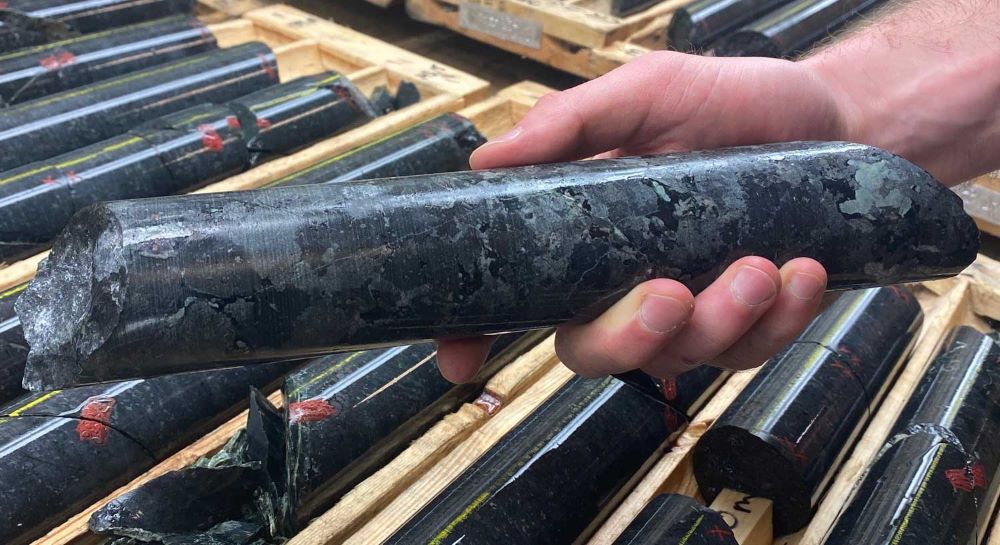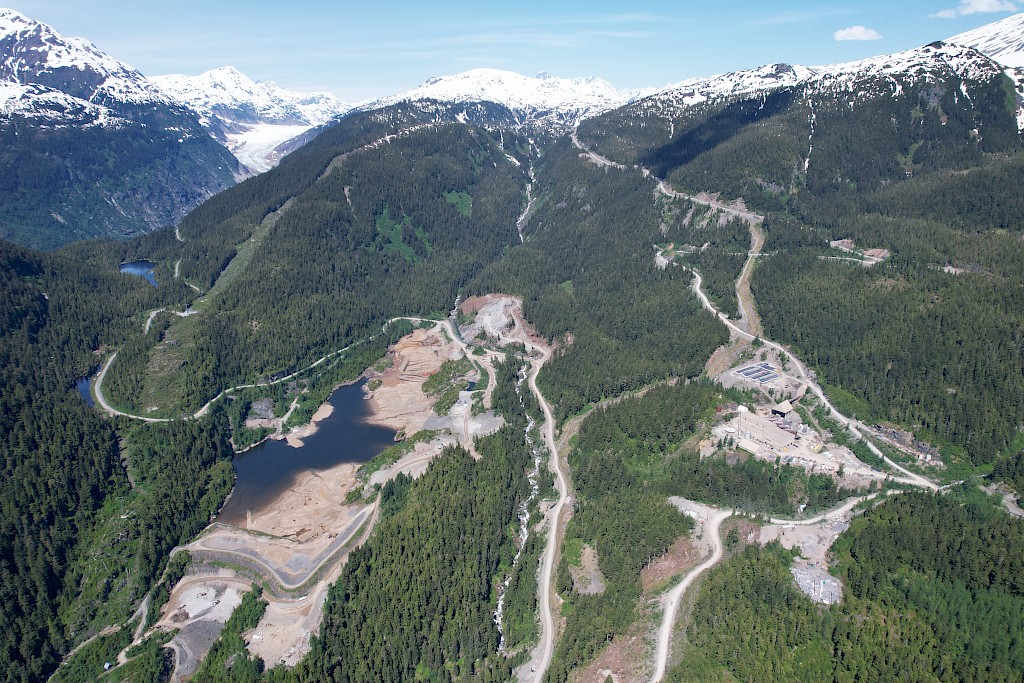There will be no development of mining, coal, oil or gas properties in the Flathead Valley, said the British Columbia government in its Throne Speech delivered Feb. 9, 2010. The decision is a huge win for environmentalists in the province and the State of Montana.
Our Montanan neighbours have been vociferously opposed to drilling or development for fear the Flathead River, which flows south through the state, would become contaminated. They pointed to proposed coal bed gasification plants as a particular worry.
In situ coal gasification has the potential to create an energy source based on huge reserves without the surface disruption of open pit mining or the sulphur emissions associated with coal-burning power plants.
I, as I suppose most of the mining industry does, find nothing frightening about coal bed methane production. What is the difference between extracting methane from coal seams or tonnes of garbage at the local landfill? The dump south of Ottawa has promoted a partnership with local businessmen to do just that. The project is hailed as a wonderful source of clean energy. I can tell our readers from personal experience that garbage dumps smell terrible and in situ coal seams don't.
The decision in British Columbia is a political one rather than a practical one. Should it be reversed in the future, the coal resources will still be in place.





5 Comments
Bill Wolfe
The amazing thing to me is how we continue to promote the idea that British Columbia is a stable, mining friendly political jurisdiction.
Will
This post has several factual omissions that are essential to understanding this decision. First, local people in BC oppose mining in the area by a 2 to 1 margin. Second, the valley in question not only flows into Montana, it also flows into the Montana portion of Waterton-Glacier International Peace Park. And third the International Joint Commission, ruled in 1988 that mining in the valley would violate international law.
On the basis of those additional facts, its safe to say BC Premier Gordon Campbell not only made a smart decision, but the correct one.
J. Lawrence
CORRECTED VERSION
The Flathead River Valley can not be compared to a dump south of Ottawa– Canadian wildlife biologists have called it the most important valley for carnivore conservation in all of North Ameria. The proposed network of roads, drill sites, gas flares, pipelines, and heavy equipment for coal-bed methane would have ruined the wildlife migration corridor connecting Glacier National Park to Banff National Park and other protected areas in the Canadian Rockies. What concerns the public on both sides of the border is obviously not “smell”, but soil erosion, hydrological disruption, potentially severe contamination of pristine streams and rivers with the re-injected of CBM waste water into poorly understood geological structures, and destruction of wildlife habitat for sensitive species, including endangered trout.
Barry Price
Oddly this is not reported in the BC Minister of MInes website; the Minster seems obsessed with Energy/Greenness these days. Nor is it reported on the site for the Minister of State for Mines. Do these Ministers actually represent the Mining industry, or is the Premier making all these decisions? At the current rate of land alienations, within 100 years or less there will be no land available for resource extraction. How can the explorationists support the current government?
Shannon
It doesn’t do the mining industry any good at all to be putting statements like this out to the world. It only gives fodder for those that would like to sling mud at the mining industry…and this little story begs for it. If the author doesn’t think there’s a difference between methane extraction from coal seams or garbage dumps – then she should not be writing this article.